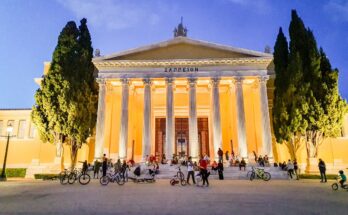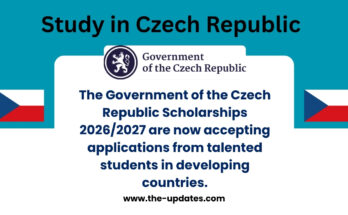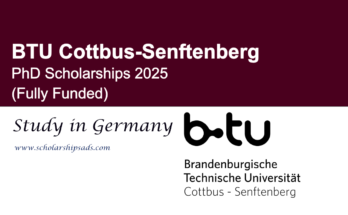Switzerland OHCHR Indigenous Fellowship Program 2026 (Fully Funded)
The OHCHR Indigenous Fellowship Program 2026 in Switzerland is now accepting applications. This prestigious and fully funded fellowship is organized by the Office of the United Nations High Commissioner for Human Rights (OHCHR) and is designed to strengthen the capacity of indigenous leaders and activists worldwide.
Launched in 1997, the program provides indigenous participants with specialized training in international human rights standards, UN procedures, and mechanisms specific to indigenous peoples’ rights. The fellowship coincides with the UN Expert Mechanism on the Rights of Indigenous Peoples, allowing participants direct engagement with key international bodies.
Fellowship Objectives
-
Enhance knowledge of the UN system and human rights mechanisms.
-
Equip indigenous leaders with practical tools to advocate for their communities.
-
Foster cross-cultural dialogue and understanding among global indigenous participants.
Languages of Instruction
The training is conducted in the following four languages:
-
English
-
Spanish
-
French
-
Portuguese
Simultaneous interpretation is provided to ensure all fellows participate in a multilingual, inclusive environment.
Fields of Study / Focus Areas
This is not a traditional academic program. Instead, it offers non-degree professional training focused on:
Host Institution
Various institutions and venues in Switzerland, under the supervision of the United Nations Office of the High Commissioner for Human Rights (OHCHR).
Fellowship Benefits
Selected candidates will receive:
-
Full Funding
-
Access to UN Events
-
Networking Opportunities
Eligibility Criteria
To apply, applicants must:
-
Be Indigenous: Only applications from individuals who self-identify and are recognized as indigenous are considered.
-
Community Endorsement: Must be nominated and supported by an indigenous organization or community.
-
Language Proficiency: Possess a good working knowledge of at least one of the program’s languages.
-
Commitment to Sharing Knowledge: Must agree to train other indigenous persons after the fellowship.
-
Active Advocacy: Be actively engaged in community work or indigenous rights advocacy.
Note: Applicants from diverse backgrounds—such as indigenous women, LGBTQI+ individuals, and persons with disabilities—are strongly encouraged to apply. There are no restrictions on age or formal educational qualifications.
Eligible Nationalities
This program is open to indigenous individuals from all countries worldwide.
Application Process
How to Apply
-
Complete the Online Application Form:
-
Submit Supporting Documents:
Deadline:
September 15, 2025
Early applications are strongly encouraged due to the competitive selection process.
Selection Process
The selection process ensures diversity in gender, region, and indigenous communities and follows these steps:
-
Initial Screening: Conducted by past fellows for each language group (15–20 participants).
-
Shortlisting & Interviews: Only shortlisted candidates will be contacted for interviews.
-
Final Selection: Made by the OHCHR advisory board based on merit, representation, and impact potential.
Important Dates
| Event | Date |
|---|---|
| Application Deadline | September 15, 2025 |
| Fellowship Program Duration | 2026 (Exact dates TBA) |
| Location | Switzerland |
Frequently Asked Questions (FAQs)
1. Who can apply for the OHCHR Indigenous Fellowship Program?
Indigenous individuals from any country who are actively involved in advocacy or community work and supported by an indigenous organization are eligible.
2. Is the fellowship open to non-indigenous applicants?
No. Only applicants who identify as indigenous and are recognized by their communities are eligible.
3. Do I need a university degree to apply?
No. There are no formal education requirements. Experience and commitment to advocacy are more important.
4. Can I apply if I am not fluent in English?
Yes, if you are fluent in any of the four program languages: English, French, Spanish, or Portuguese.
5. Is this fellowship suitable for young activists?
Yes. There is no age limit. Youth involvement is encouraged.
6. Are LGBTQI+ and disabled indigenous persons encouraged to apply?
Yes. The program strongly supports inclusive participation.
7. How long is the fellowship?
The exact duration is announced each year, but it typically runs for a few weeks and includes participation in official UN mechanisms.
8. Is travel and accommodation covered?
Yes. The fellowship is fully funded, including airfare, accommodation, and health insurance.
9. Can I apply without an organizational recommendation?
No. A nomination letter from your indigenous organization or community is mandatory.
10. When will selected candidates be notified?
Only shortlisted candidates will be contacted after the initial selection phase.
Source link



